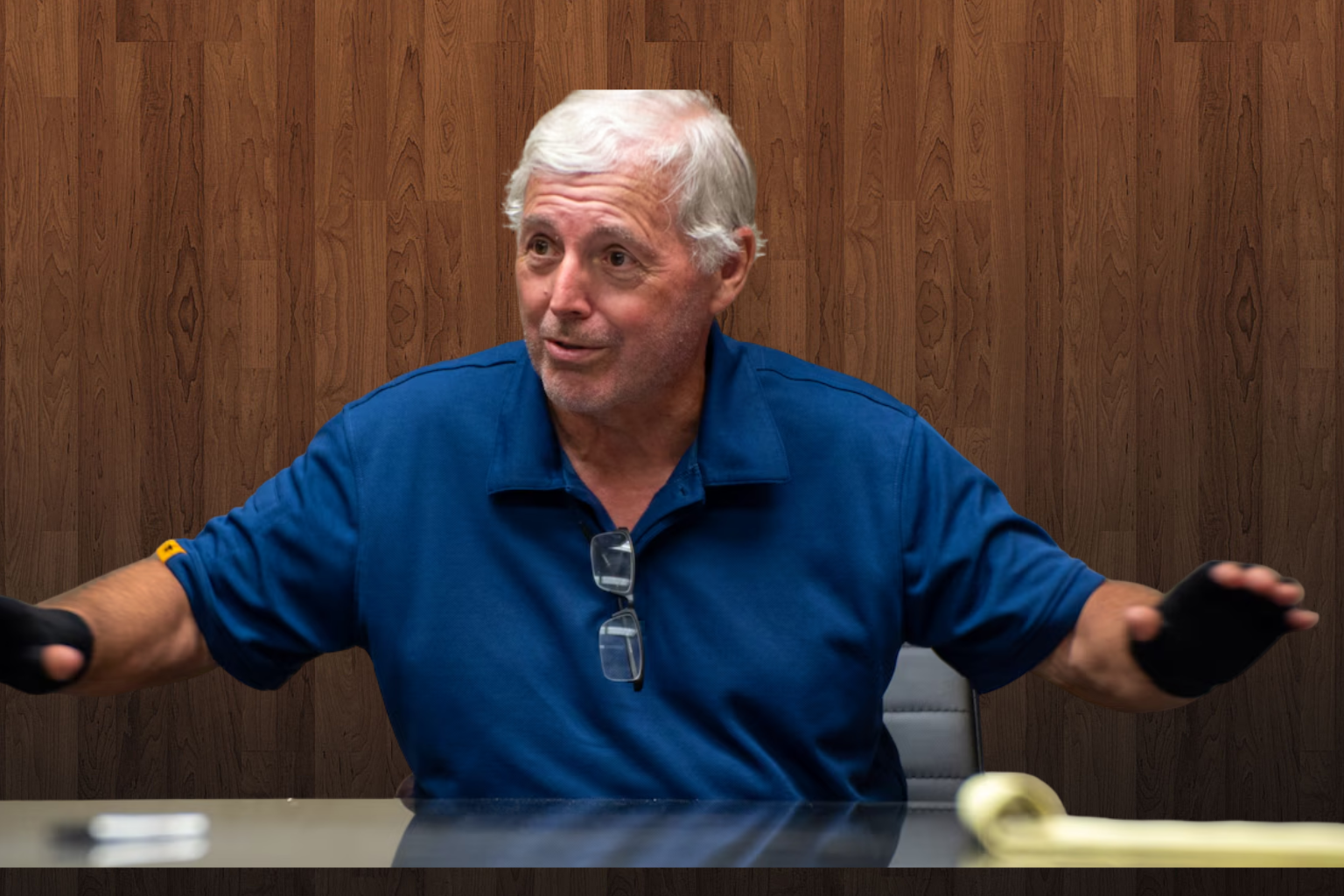It Was the Most Violent Day Ever on N.J. Sports Fields — Are We Doing Enough?

Last Saturday was one of New Jersey’s saddest sports days. Sportsmanship was abandoned and violence erupted unexpectedly in many settings. Players, spectators, and parents crossed limits that were inconceivable moments earlier, turning normal high school and youth games into anarchy. The severity and breadth of these catastrophes have compelled urgent reform, accountability, and transformation.
A postgame handshake turned violent on one field. An angry high school soccer player grabbed a photographer covering the melee by the throat. A benches-clearing confrontation between two Newark high schools spilled into the seats and onto neighboring streets, disqualifying both teams from postseason consideration. In another young football game, a cowbell quarrel escalated into an adult fight that required police.
The quick sequence of these clashes shocked athletic authorities, school administrators, and state lawmakers. Existing codes of behavior, spectator restrictions, and security presence seem inadequate to stop the escalating wave of aggression. Some analysts believe the system has not kept up with the intensity of all sports.
“We have to figure out what is fueling this,” said an athletic director seeking more than enforcement. Many believe that college recruitment, commercialization of youth sports, and early specialization are triggering marginalized emotional reactions in young players. Add social media, which inflames rivalries before a ball is kicked, and you have a combustible climate.
Advocates across the state want bolder initiatives. Some want stronger sports violence legislation. Others urge stricter ground-level policing, including fan background checks, stronger ejection powers, and the elimination of high-risk rituals like postgame handshakes. A coach offered “silent-sit” days with only clapping for fans. Another advocated returning to youth sports’ initial focus on enjoyment, learning, and respect rather than school prestige or bragging rights.
Even broad solutions may not solve the problem. Many of the incidents this weekend were athletes losing control. No matter how strict the restrictions, emotional instability may discover loopholes.
All sides agree: the status quo is unsustainable. Some New Jersey sports programs have strayed from their mission, as shown by recent protests. Education, athletics, and government officials must decide whether to respond decisively or react to the next high-profile incident after the damage is done.




